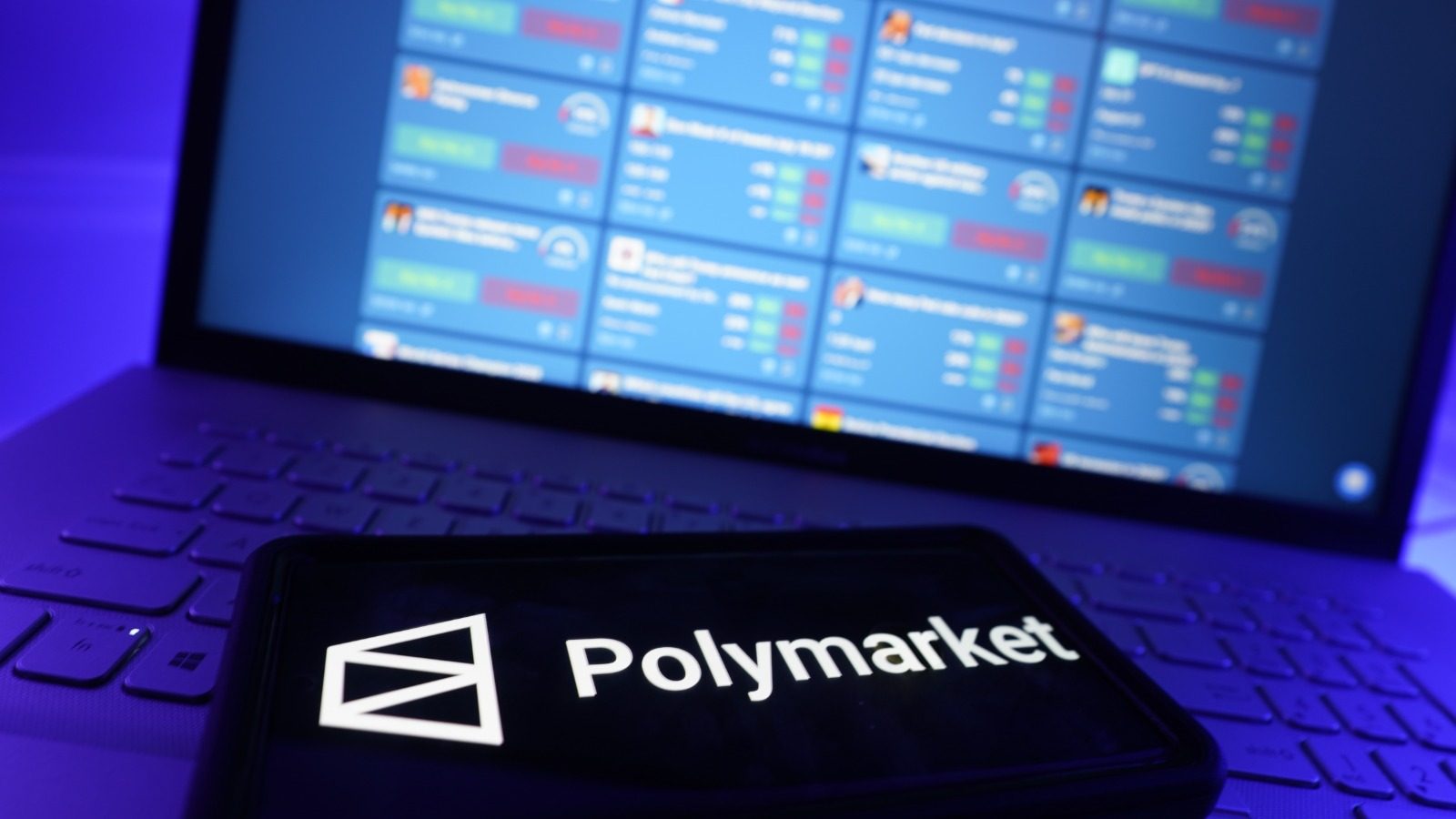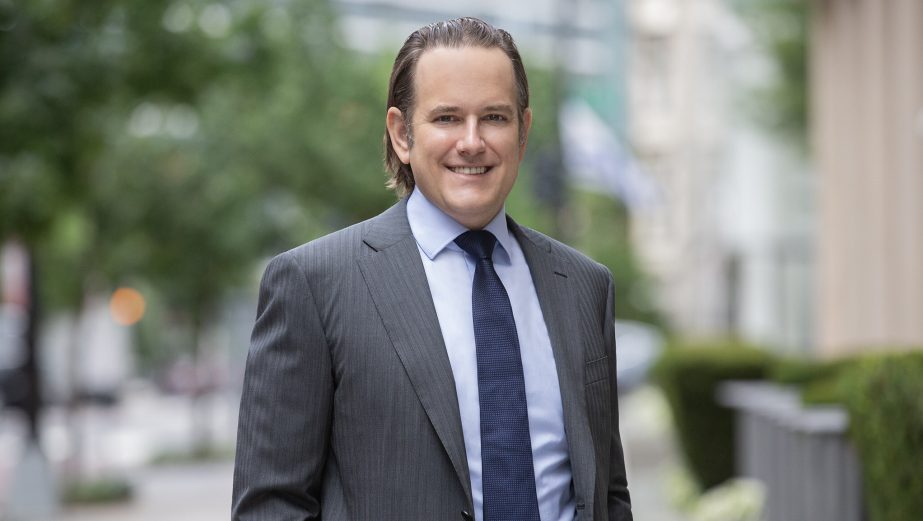For those of us in the gambling industry, it’s all too easy to forget most of Americans couldn’t tell a parlay from a teaser.
Or, for that matter, a “bet” from an “event contract.”
Prediction markets — all the rage and all anyone and everyone is talking about in our little corner of the world — hit mainstream America bigly on Wednesday night when the gang from South Park decided to wade into the waters.
The search data doesn’t lie. Within hours of South Park’s latest episode hitting screens, searches for “prediction markets” exploded. Dustin Gouker’s tweet showing the search spike tells the story better than any industry report ever could: America just learned about prediction markets from a cartoon fourth-grader named Cartman betting on whether Kyle’s mom would bomb a Palestinian hospital. (Spoiler: She didn’t, but she really gave Israeli Prime Minister Benjamin Netanyahu an earful.)
And in true South Park fashion, buried under all the jokes about President Trump and Satan’s baby’s gender and JD Vance being portrayed as Tattoo from Fantasy Island, they actually nailed what prediction markets are and how they work.
“Prediction market app dude. You know, online peer-to-peer betting,” Cartman explained during a conversation as to whether a Webelo named Kipling was a boy or a girl.
Stan chimed in: “Yeah, it’s social platform betting. People can make any bet they want and other users take them up on it.”
In about 20 seconds, South Park explained prediction markets to America.
The players
And they didn’t just explain the concept; they showcased the real players. Kalshi and Polymarket got name-dropped, with the episode noting how the same bet — er, event contract — can have different odds on different platforms. (The contract in question was whether Trump and Satan’s baby would be a boy or a girl).
The regulatory angle hit close to home as well. Kyle’s frustration with trying to get inappropriate bets taken down, bouncing among the CFTC and the FCC and the White House (with the same guy who looked exactly like Donald Trump Jr. answering every call), captures the bureaucratic shizzshow that’s defined prediction markets’ “relationship” with regulators. Absurd? Yes. Weirdly accurate? That, too.
It sort of feels, after Wednesday night, that we’re at the moment where prediction markets are going from “prediction what?” to actual mainstream entertainment that our Aunt Gertie will know about.
The episode also nailed the uncomfortable stuff, specifically the idea of turning everything into a betting market. Kyle’s disgust at people betting on war — “Jews and Palestinians are not football teams!” — cuts to the heart of ongoing debates about where we draw the line. Should you be able to bet on war? Natural disasters? Personal tragedies? These aren’t just abstract questions anymore.
And Cartman trying to goose the odds by spreading rumors about Kyle’s mom? That’s market manipulation 101, and it almost certainly happens. The show gets it: These markets can influence the very things they’re supposed to predict.
Thanks to Trey Parker and Matt Stone, a few million Americans know what prediction markets are today. They might not all download the apps, but they get the concept. So that’s … nice?
By the way, probably the craziest part of the whole episode? An actual commercial during it from PrizePicks, which just got approval to jump into the prediction market waters. You can’t make this stuff up.







